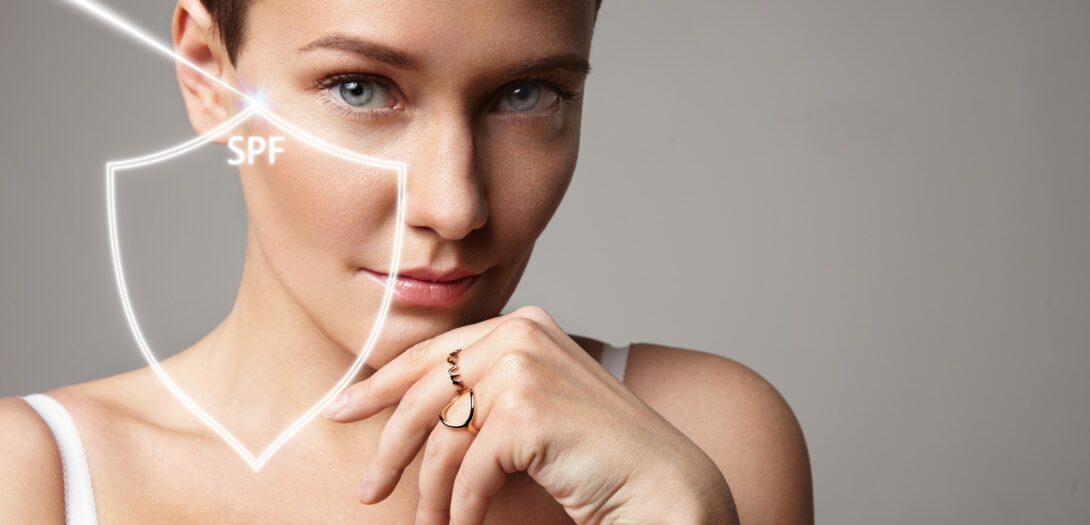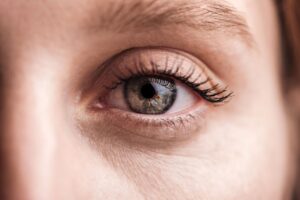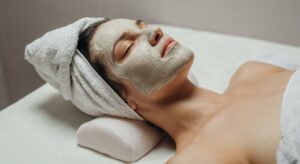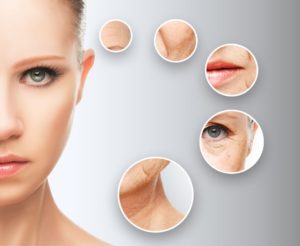The importance of SPF in the skincare routine cannot be underestimated. You should take care of your skin by protecting it from the harmful UV rays of the sun. Wearing SPF can help to reduce the risk of skin cancer. It is not just for people with fair skin. UV rays damage all skin types and tones. One of the perfect ways to protect your skin from premature aging and minimize your risk of developing skin cancer is to avoid sun exposure. Here is an overview of everything you need to know about SPF.
What Does ‘SPF’ Mean?
The SPF, or Sun Protection Factor, is a unit of measurement that determines the effectiveness of a sunscreen in relation to the sun’s UV rays. The higher the SPF number, the longer you can stay in the sun without damaging your skin. For example, if you usually get sunburned in 20 minutes, wearing SPF 50 sunscreen will allow you to stay in the sun for 50 times longer – or 1000 minutes.
Most people don’t need to wear anything higher than SPF 30. But if you have fair skin or are particularly sensitive to the sun, you may want to use a higher-numbered SPF. And remember, even if you’re wearing sunscreen, it’s essential to limit your time in the sun and to wear protective clothing such as hats and sunglasses.
SPF works by reflecting, scattering, or absorbing UV rays before they reach your skin. There are two forms of UV rays: UVA and UVB. UVA rays are responsible for premature aging and wrinkles; they can penetrate clouds and glass. UVB rays cause sunburns and are the main reason for skin cancer. They are blocked by clouds but not glass. Broad-spectrum sunscreen protects against both types of UV rays.
What Are the Benefits Of Using Broad Spectrum Sunscreen?
Wearing broad-spectrum sunscreen can have many benefits, including helping to prevent skin cancer and reducing the risk of premature aging. In addition, it helps to lessen the appearance of age spots and assists in preventing your skin from sagging and becoming loose.
Should You Wear Sunscreen Every day, Even When You Are Inside?
It’s an amazing idea to wear sunscreen every day, even when you’re inside. That’s because you can still be exposed to harmful UV rays from the sun, which can cause sun damage. UVA rays can also penetrate glass, so you may be exposed to them even when you’re indoors.
How to Incorporate SPF into Your Daily Skincare Routine?
Incorporating sunscreen into your daily routine can assist in shielding your skin from the harmful effects of the sun.
There are a few different ways to incorporate sunscreen into your routine. For example, you can apply it after you moisturize or mix it with your foundation or moisturizer. Whichever way you choose, be sure to apply it evenly and generously to all exposed areas of your skin.
Remember, SPF is just one part of protecting your skin from the sun. Wear protective clothing, seek shade, and limit your time in the sun, particularly between 10 am and 2 pm when the UV rays are strongest.
How often should You Reapply Sunscreen?
It is best if you reapply sunscreen every two hours when sweating. This is because sweat can cause the sunscreen to come off, and it is necessary to retain a high level of protection to avoid getting sunburned.
Are There Different Types of SPF?
Yes, there are different types of SPF. The most common type is SPF 15, which protects against 95% UVB rays. There are also higher levels of SPF, such as SPF 30 and 50, which offer more protection from the sun. There are also unique formulas for children and babies with higher SPF.
Ingredients to Look for in a Sunscreen?
When choosing a sunscreen, try to look for products that contain oxybenzone, zinc oxide, or titanium dioxide. These active ingredients provide broad-spectrum protection against both ultraviolet A (UVA) and ultraviolet B (UVB) rays.
What Sunscreen Ingredients Should You Avoid?
There are a few ingredients that you should avoid in sunscreen. Octinoxate and avobenzone are two of them. Octinoxate is an endocrine disruptor linked to problems with the thyroid, reproductive, and nervous systems. Avobenzone is a chemical absorber of UV light and has been shown to break down quickly in sunlight, which reduces its efficacy.
*Information in this article is not medical advice and may not be factually accurate. It is intended for entertainment purposes only. Consult with a physician before attempting any tips in this blog post and to get the most up to date factual data about any procedure or treatment.














